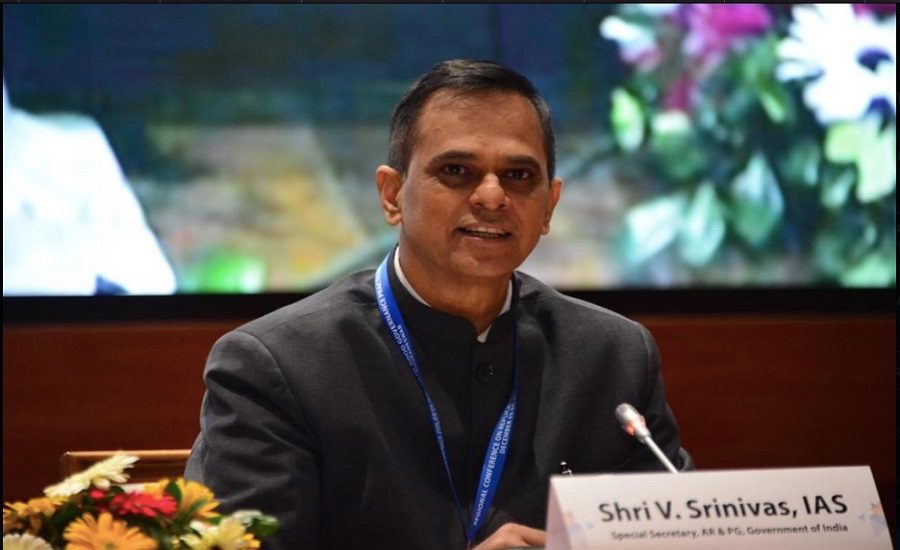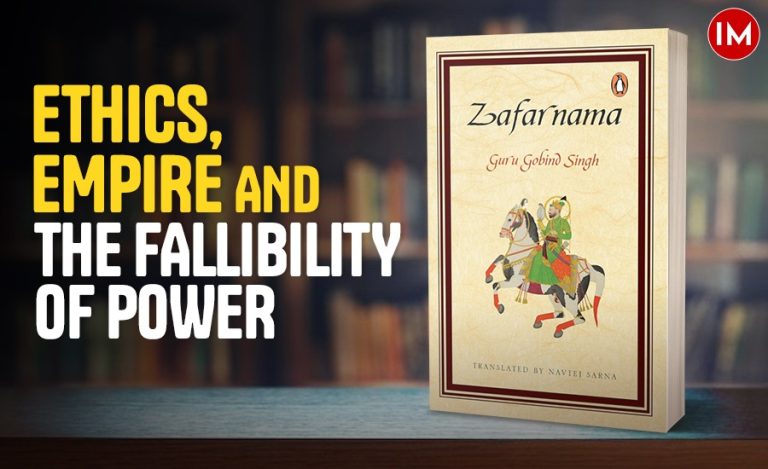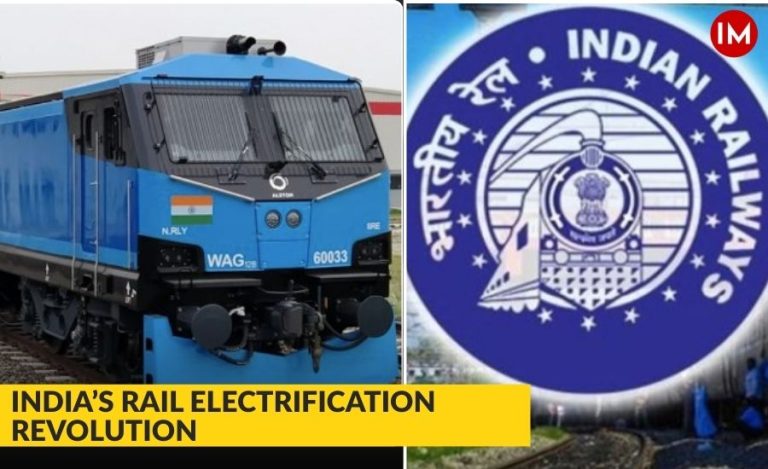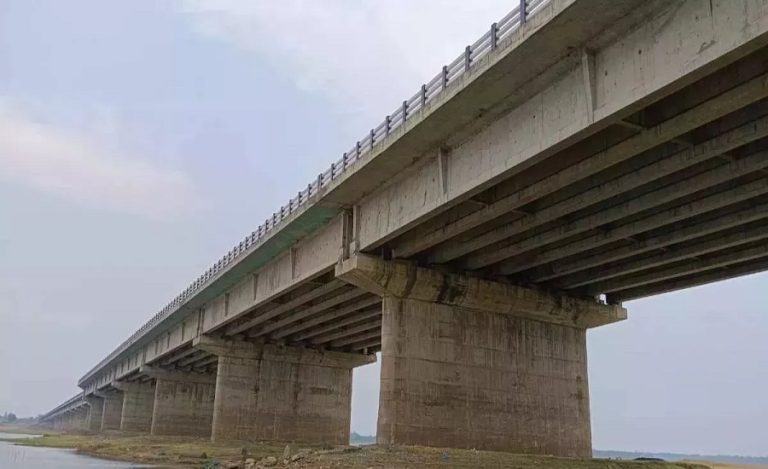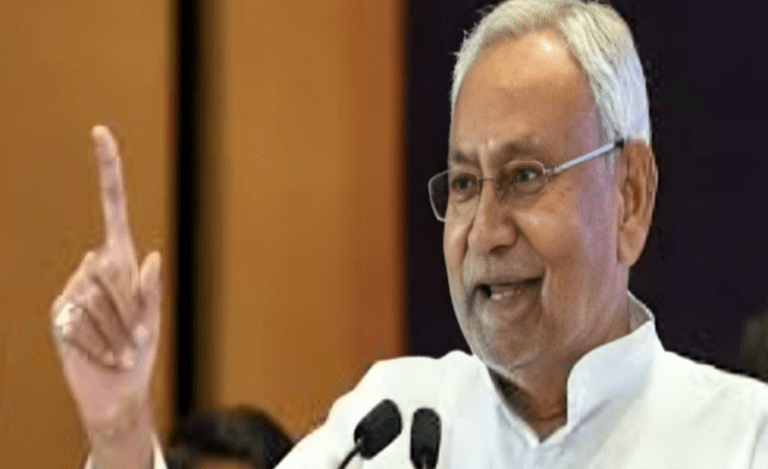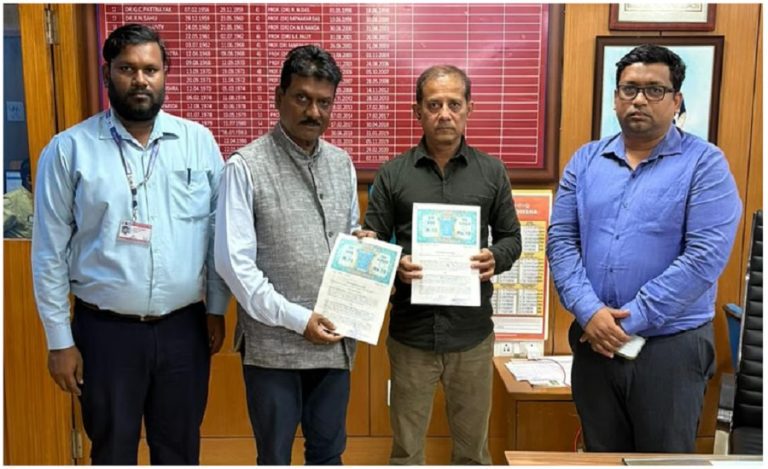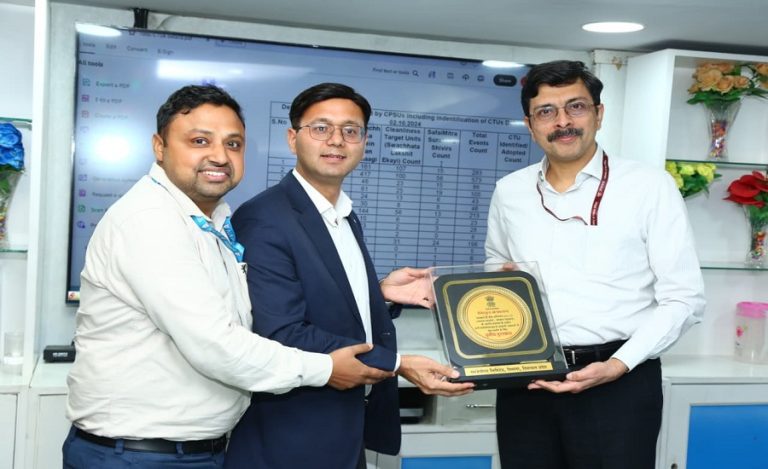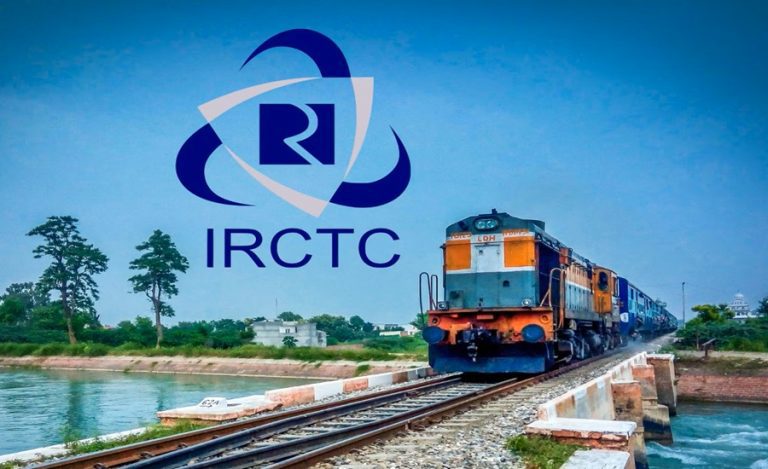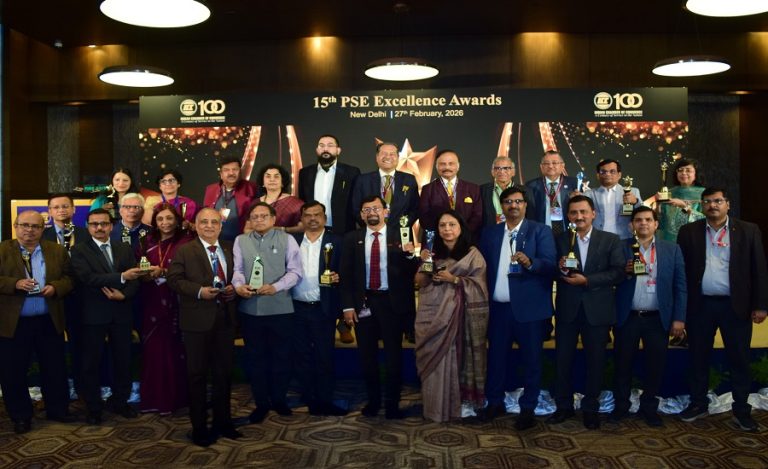On a quiet November morning, just as Rajasthan’s Secretariat braced for a leadership vacuum with the imminent exit of Chief Secretary Sudhanshu Pant, the news arrived like a steadying anchor. The Central Government officially relieved senior IAS officer V. Srinivas from his duties at the Centre, clearing the way for him to take over as the next Chief Secretary of Rajasthan. For the state bureaucracy, it was not merely a transfer order – it was the homecoming of one of its most seasoned officers, a civil servant shaped equally by grassroots realities and high-level global administration.
Srinivas’s appointment comes at a crucial transition point. With Sudhanshu Pant stepping down, there were concerns over continuity and leadership stability. The Rajasthan Government moved swiftly, recommending Srinivas’s name, and the Centre approved his return on November 14, 2025. As he takes charge on 17 November, all eyes will be on the man who brings with him 35 years of administrative experience – and a reputation for integrity, reform-driven governance, and calm leadership.
LEARNING THE SYSTEM FROM THE GROUND UP
Few officers enter the IAS at the age of 22. But V. Srinivas did. Born in Telangana on September 1, 1966, and armed with B.Tech and M.Tech degrees in Chemical Engineering from Osmania University, he joined the service as part of the 1989 Rajasthan cadre.
His early years in the state were marked by field experience that tested judgment and temperament. Beginning as SDO Bhilwara, then SDO Nimbahera, he quickly established himself as an officer who worked closely with local populations. His stints as Collector of Pali and Jodhpur further strengthened his understanding of public needs, rural development, and district-level crisis resolution.
Before long, Srinivas was tasked with more complex policy responsibilities — from heading the Watershed Development and Soil Conservation Department to serving as Deputy Secretary in the Finance Department. These early roles shaped his reputation as an officer who combined academic precision with human-centric administration.
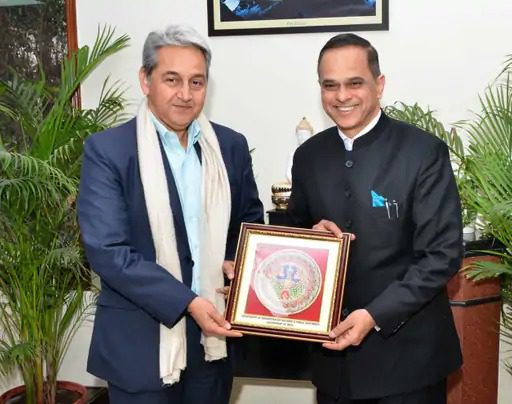
POLICY DIPLOMACY & ECONOMICS
While many state-cadre officers spend most of their service within state boundaries, Srinivas went on to spend nearly 20 years on central deputation, gaining exposure that would deeply influence his administrative style.
His first deputation, from 2000 to 2006, was particularly defining –
- Deputy Secretary, Ministry of Petroleum
- Private Secretary to the External Affairs and Finance Minister, Jaswant Singh
- Technical Assistant to India’s Executive Director at the IMF in Washington, D.C.
Working inside some of the most powerful policy institutions — including the International Monetary Fund — gave him insight into global economic systems, international negotiations, financial risk, and the importance of evidence-based policy work. It is an experience that very few Indian bureaucrats carry back into state governance.
Later, in Delhi, Srinivas held portfolios across the Ministry of Textiles, Ministry of Culture, and the Ministry of Development of the North Eastern Region, shaping policies focused on economic growth, cultural preservation, and regional upliftment.
A CHAMPION OF REFROMS
If there is one thread that binds Srinivas’s diverse postings, it is his commitment to reforms that improve the everyday lives of citizens.
Over the years, he helmed some of the most citizen-centric departments in the country:
- Secretary, Administrative Reforms and Public Grievances
- Secretary, Pensions and Pensioners’ Welfare
- Chairman, Rajasthan Tax Board
- Director General, National Centre for Good Governance
His work in grievance redressal and pension reforms stood out nationwide. He pushed for faster complaint resolution, simplification of procedures, and technology-enabled transparency, helping lakhs of citizens who depend heavily on government systems.
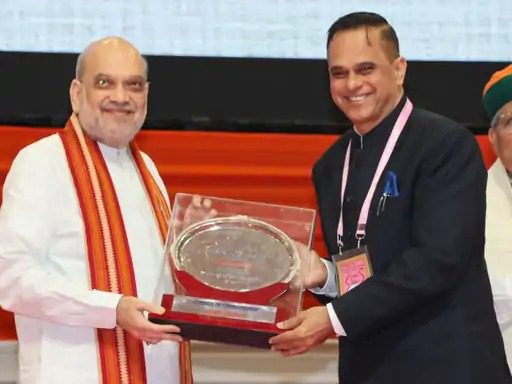
AIIMS AND THE DIGITAL LEAP
Among his many contributions, one stands particularly tall: the Digital-AIIMS initiative.
During his tenure as Deputy Director of AIIMS, New Delhi, Srinivas led one of the most ambitious modernization efforts in India’s healthcare governance. The Digital-AIIMS project focused on turning the country’s premier medical institute into a paperless, online and patient-centric system. From digitising patient records to simplifying OPD processes and improving administrative coordination, the project became a benchmark for e-governance in healthcare management.
The initiative demonstrated what Srinivas has often stood for — efficiency without losing sight of empathy.
A Leader in Line and by Legacy A LEADER IN LINE
With Subodh Agarwal set to retire soon, Srinivas now stands as the most senior IAS officer in Rajasthan. His appointment also ends the long-followed tradition of posting officers senior to the chief secretary outside the Secretariat.
His personal life intersects with Indian political history as well – Srinivas is married to the granddaughter of former Prime Minister P.V. Narasimha Rao, a figure often credited with ushering India into its economic liberalisation era. Yet Srinivas has always stayed away from political limelight, letting his administrative work define him.
Soft-spoken, fluent in English, Hindi, Sanskrit, and Telugu, and known for a disciplined work ethic, he is regarded by colleagues as a technocrat with the mind of a planner and the heart of a public servant.
THE FUTURE OF RAJASTHAN
Though his tenure as Chief Secretary may technically span just 10 months, until his scheduled retirement in September 2026, the state also reserves the option of two six-month extensions — making his term potentially crucial to long-term policy continuity.
Beyond leading the bureaucracy, Srinivas has also been entrusted with the additional roles of:
- Chairman, Rajasthan State Mines and Minerals Ltd
- Principal Resident Commissioner, Rajasthan, in New Delhi
His return is expected to steady the Secretariat and trigger a wider administrative reshuffle, signalling a new era of leadership.
A RETURN AND A RESPONSIBILITY
For many officers, the twilight of service is a time for reflection. But for V. Srinivas, it is a moment of renewed duty. After decades of moving across ministries, international institutions, and reform missions, he returns to the state where his journey began.
From the dusty subdivisions of Bhilwara to the policy corridors of Washington, from grievance reforms to Digital-AIIMS, and now to the topmost administrative seat of Rajasthan – his story is one of service defined by competence, clarity, and commitment.
As he steps into the Chief Secretary’s chair, Rajasthan will expect both stability and transformation. And if his career offers any indication, V. Srinivas is unlikely to disappoint.

